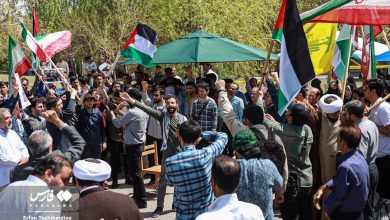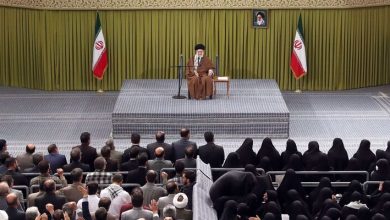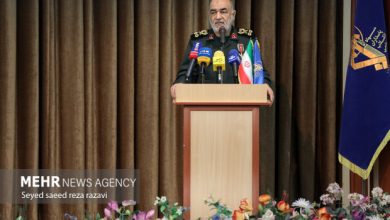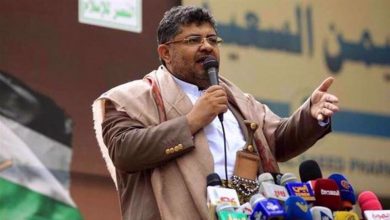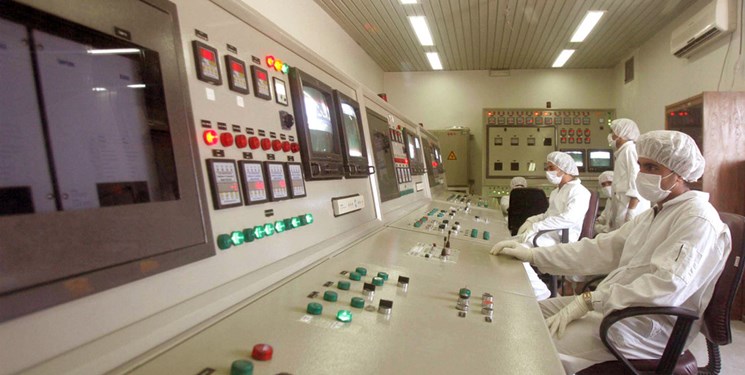
Iranian Foreign Ministry Spokesman Nasser Kana’ani refuted the baseless allegations made in a statement of Washington and the member states of the Persian Gulf Cooperation Council against Tehran, and cautioned that such unfounded accusations only serve the interests of the ill-wishers who are against the economic development, territorial integrity and national sovereignty of the regional countries.
Kana’ani made the remarks on Wednesday after US Secretary of State Antony Blinken, the PGCC foreign ministers and PGCC Secretary General Jasem Albudaiwi issued a joint statement against Iran following their meeting in New York.
“In the current situation, the repetition of empty accusations and claims can in no way serve the interests of regional governments and people,” he said.
Such claims “only benefit the ill-wishers, who cannot tolerate peace, economic development, territorial integrity and national sovereignty of the countries in the region and have always pursued their illegitimate interests in regional interference, instability and insecurity”, he added.
The top diplomat also noted that Tehran believes regional problems can be solved through interaction, cooperation and synergy among regional states without the intervention of extra-regional parties.
The US-PGCC statement urged Iran to fully work with the International Atomic Energy Agency (IAEA) and cease alleged “proliferation of … dangerous weapons”. It further supported the United Arab Emirates’ claim to the three Iranian islands of Abu Musa, and the Greater and Lesser Tunbs in the Persian Gulf.
The spokesman emphasized that Iran’s missile and drone capabilities lie within the framework of the country’s transparent military doctrine and are only meant for deterrence and the protection of national security.
The Israeli regime, he added, poses the real danger to the region as the main source of insecurity, instability and threat against Muslim countries.
Tehran has repeatedly declared that its nuclear program remains purely peaceful as always and that the Islamic Republic had no intention of developing nuclear weapons as a matter of an Islamic and state principal. Supreme Leader of the Islamic Revolution Ayatollah Seyyed Ali Khamenei issued an official fatwa (religious decree) clearly establishing that any form of acquisition, development, and use of nuclear weapons violate Islamic principles and are therefore forbidden.
Iran proved the peaceful nature of its nuclear program to the world by signing the 2015 nuclear deal with six world powers. However, Washington’s exit in May 2018 and its subsequent re-imposition of sanctions against Tehran left the future of the agreement in limbo.
Iran has always had full cooperation with the IAEA and allowed it to visit the country’s nuclear sites, but calls the nuclear agency’s approach unconstructive and destructive. Tehran has asked the watchdog to avoid politicizing the issue and focus on technical aspects in line with the organization’s mandate.
Iranian officials have repeatedly called on IAEA Director General Rafael Grossi to stop Israeli-influenced attitude, and emphasized that Tehran would never surrender to the political behavior of the UN nuclear watchdog that is affected by the Zionist pressures.
Tehran has on many occasions voiced its readiness to resolve differences with the UN nuclear body within a framework of constructive and mutual interaction and technical collaboration.
Kana’ani also reiterated Iran’s unwavering stance on the three Persian Gulf islands as indispensable parts of its territory.
“The Islamic Republic of Iran considers any claim to the islands interference in its internal affairs as well as its territorial integrity, and strongly condemns it,” he asserted.
International documents clearly show that the three islands of the Greater Tunb, the Lesser Tunb and Abu Musa which were historically owned by Iran, temporarily fell to British control in 1903. The islands were returned to Iran based on an agreement in 1971 before the UAE was born.
Iran has repeatedly declared that its ownership of the three islands is unquestionable, and on numerous occasions stoutly rejected claims leveled by the Persian Gulf countries to the islands.
Under international law, no state can defy any agreement, which came into being before its establishment.


